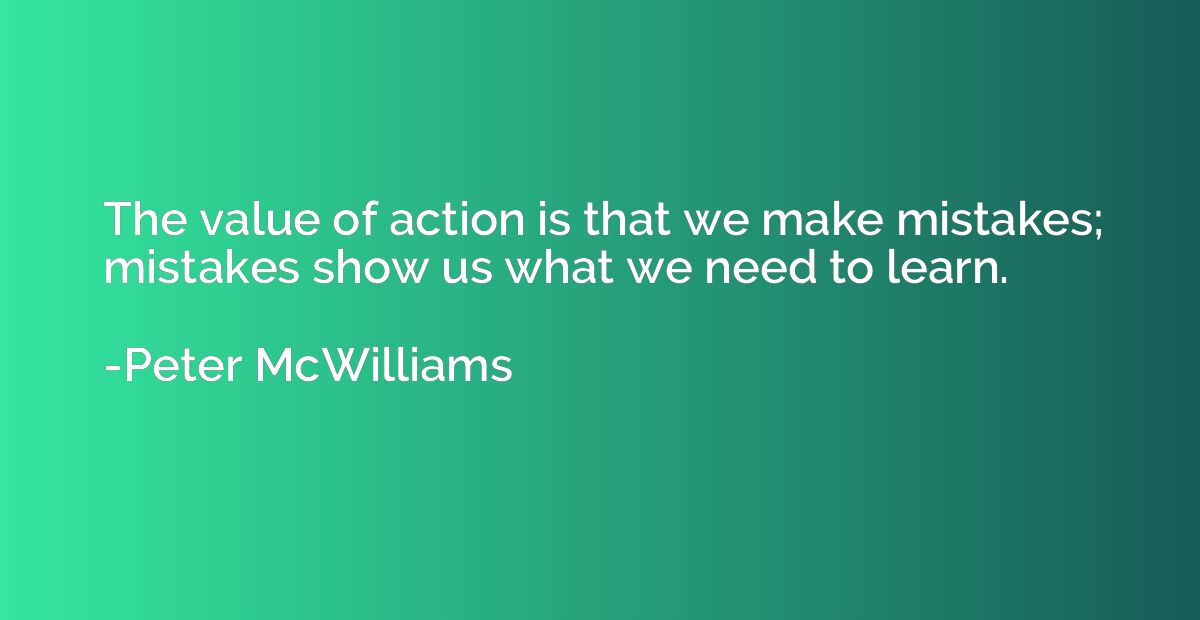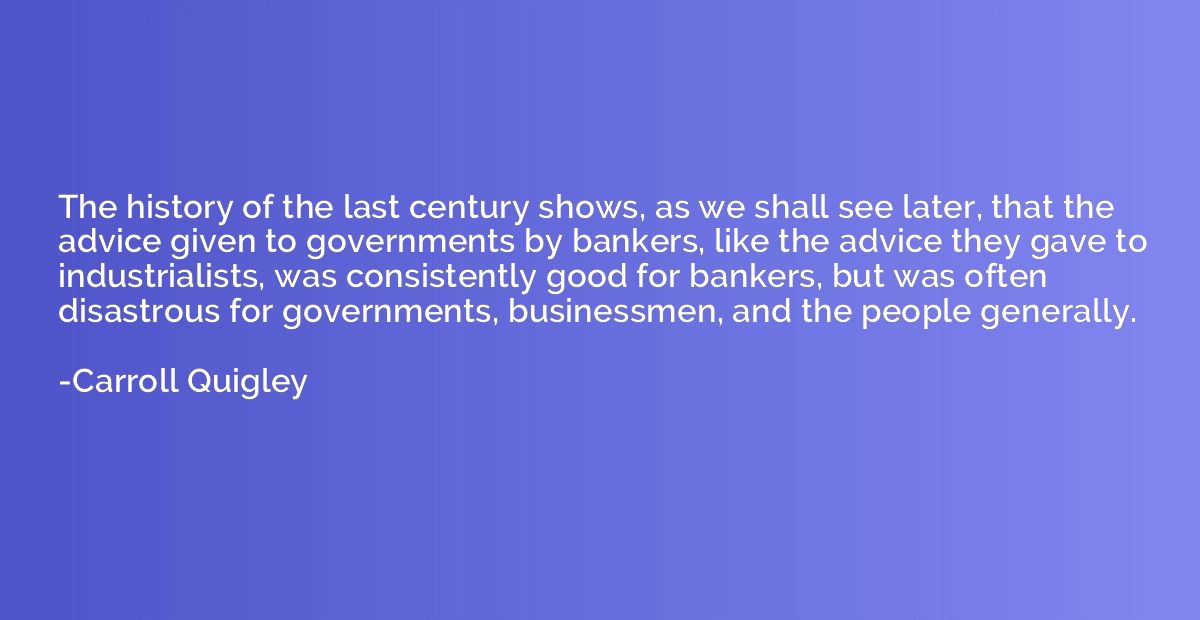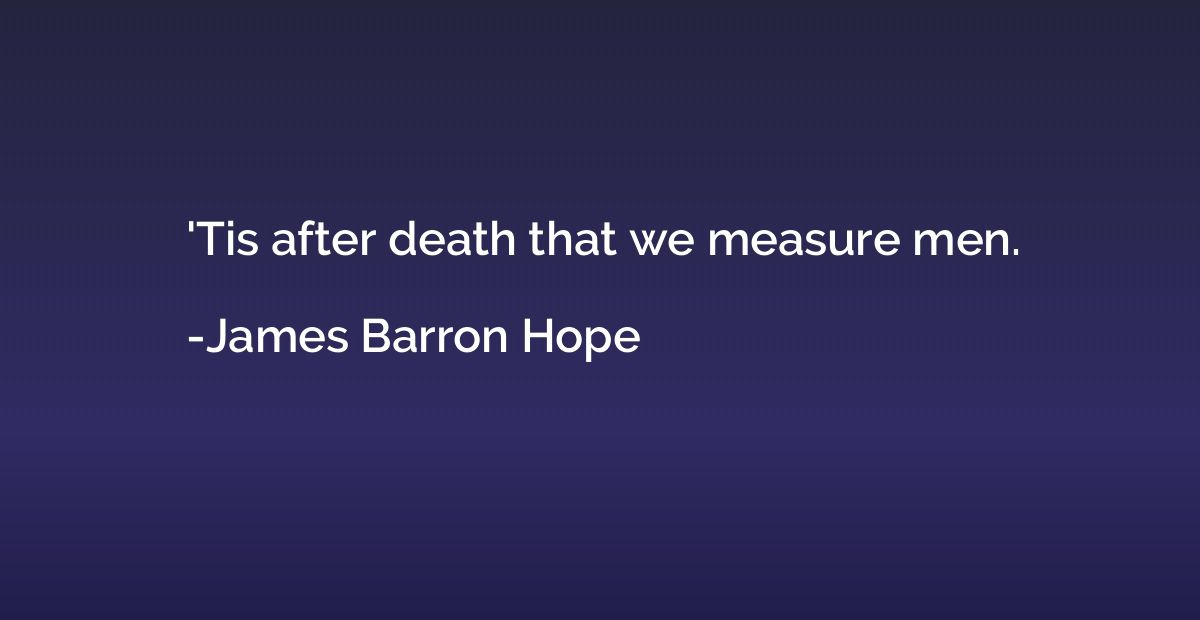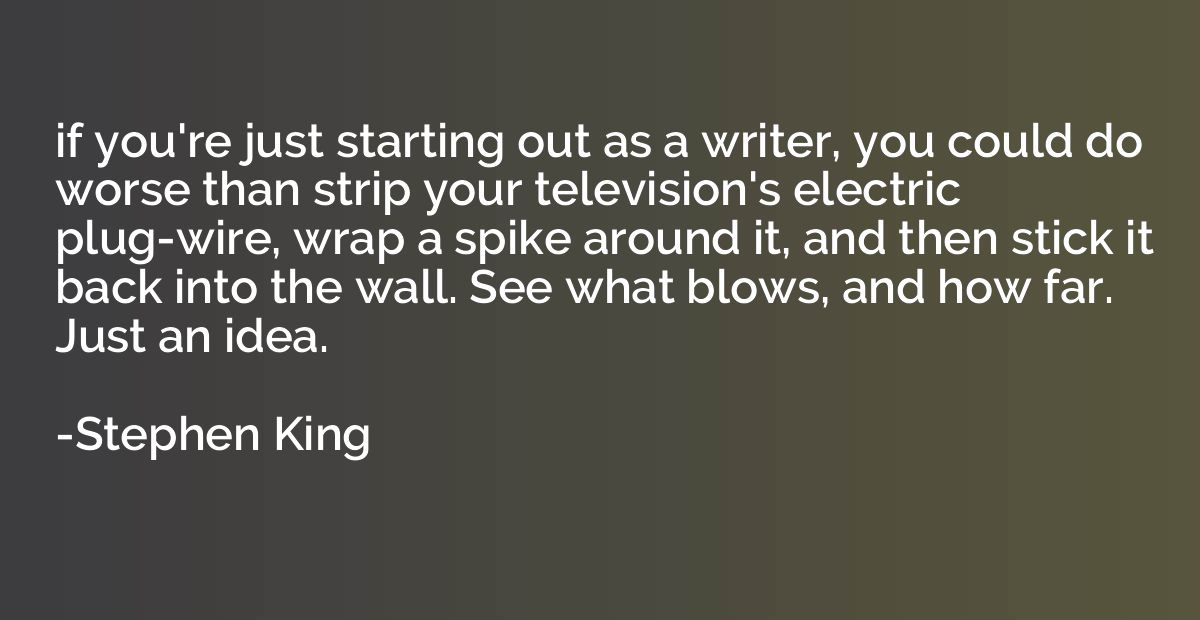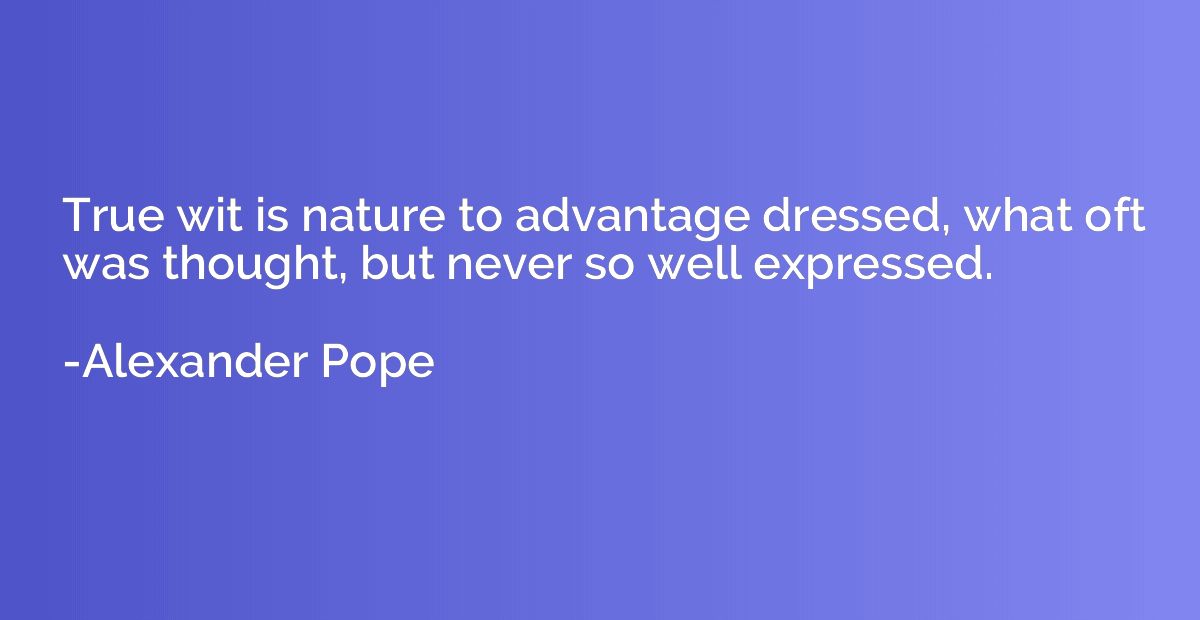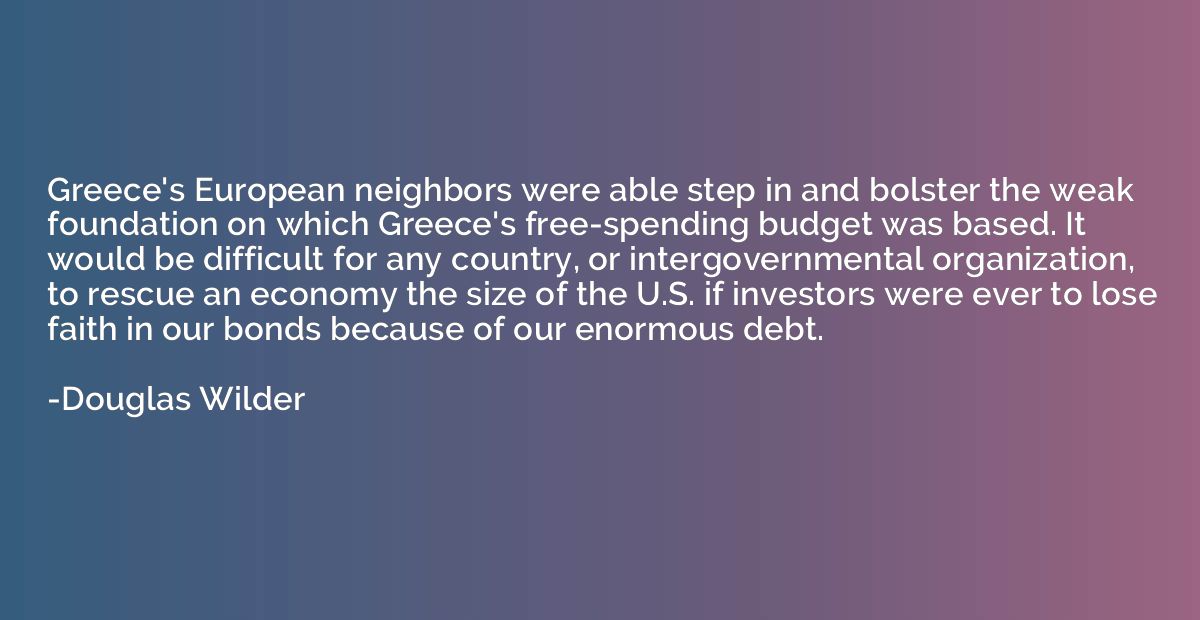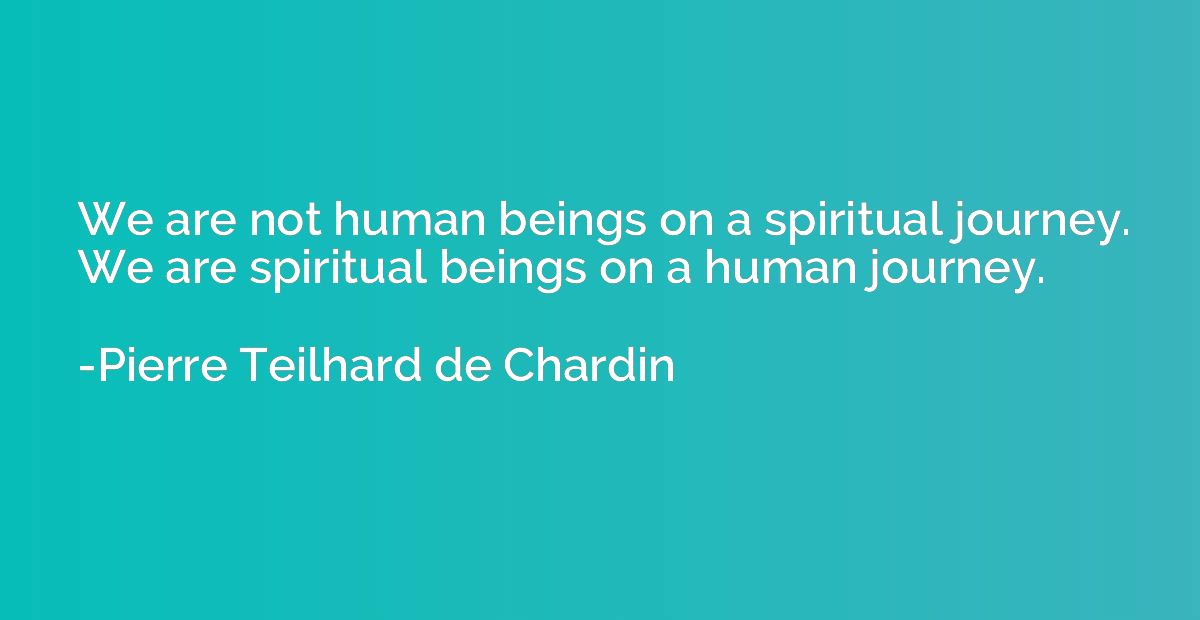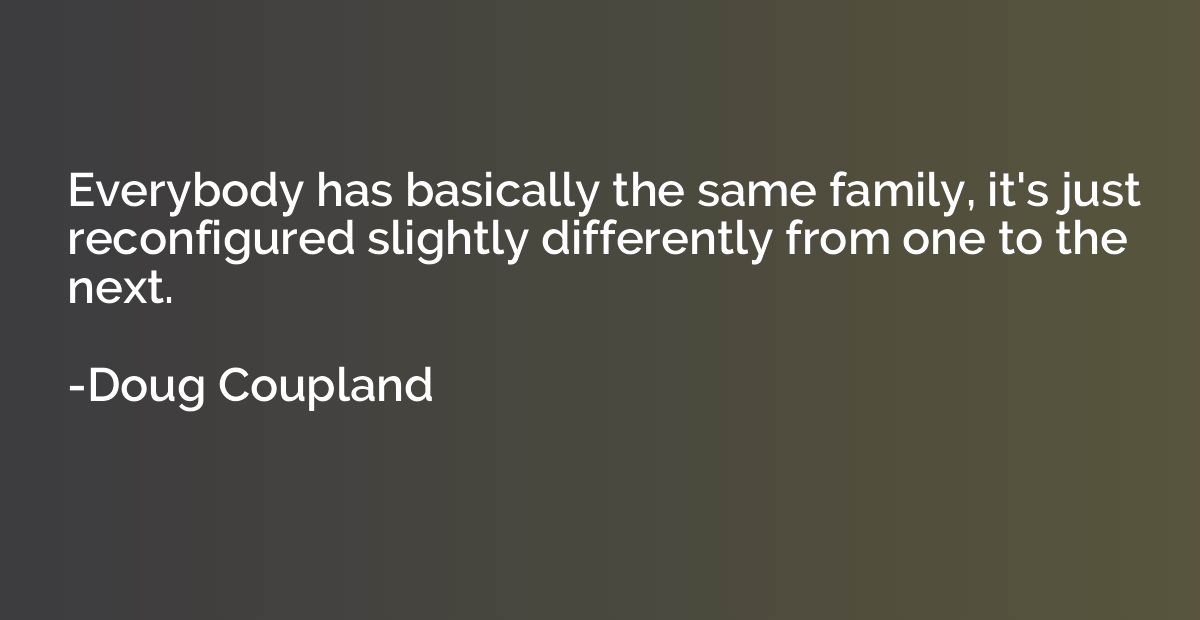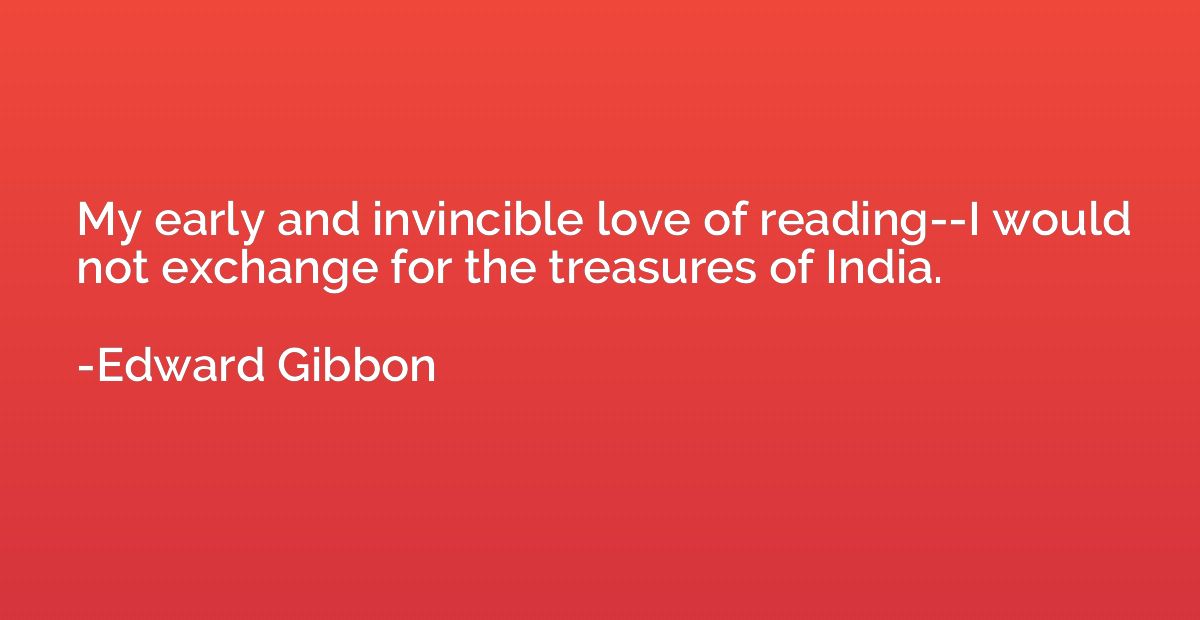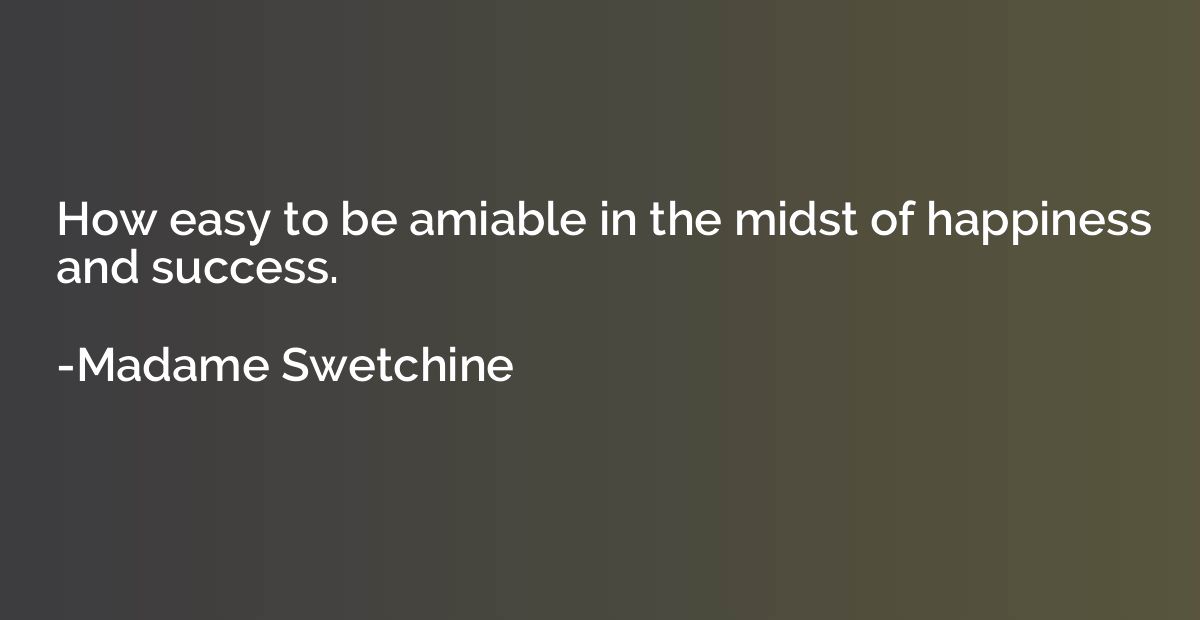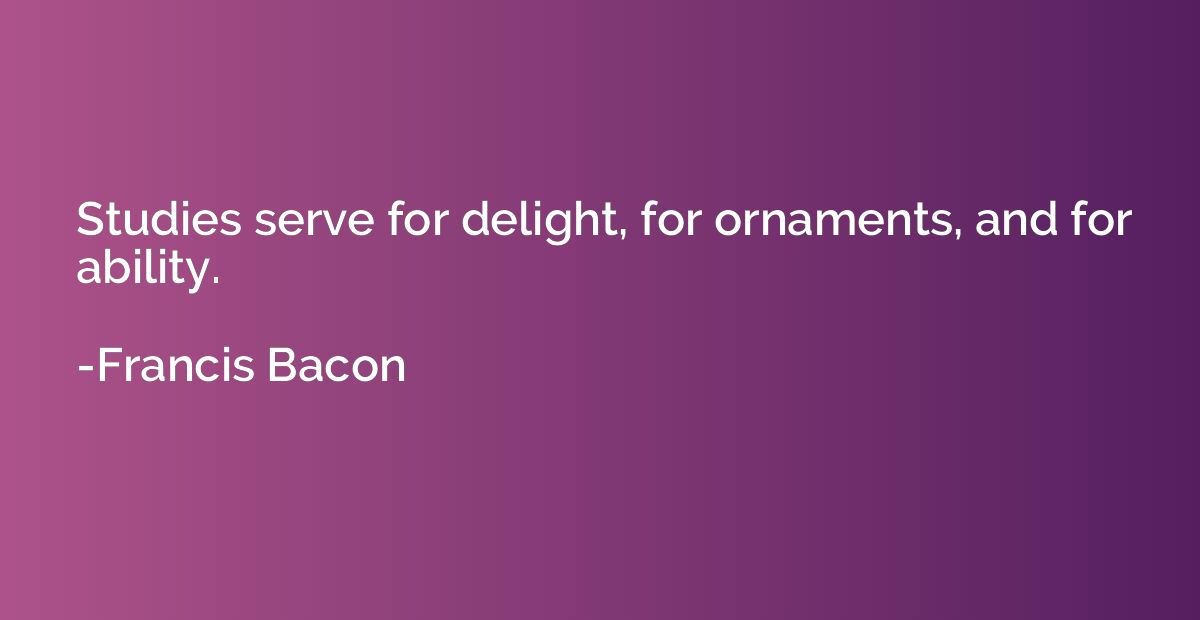Quote by Jane Austen
And to all this she must yet add something more substantial, in the improvement of her mind by extensive reading.
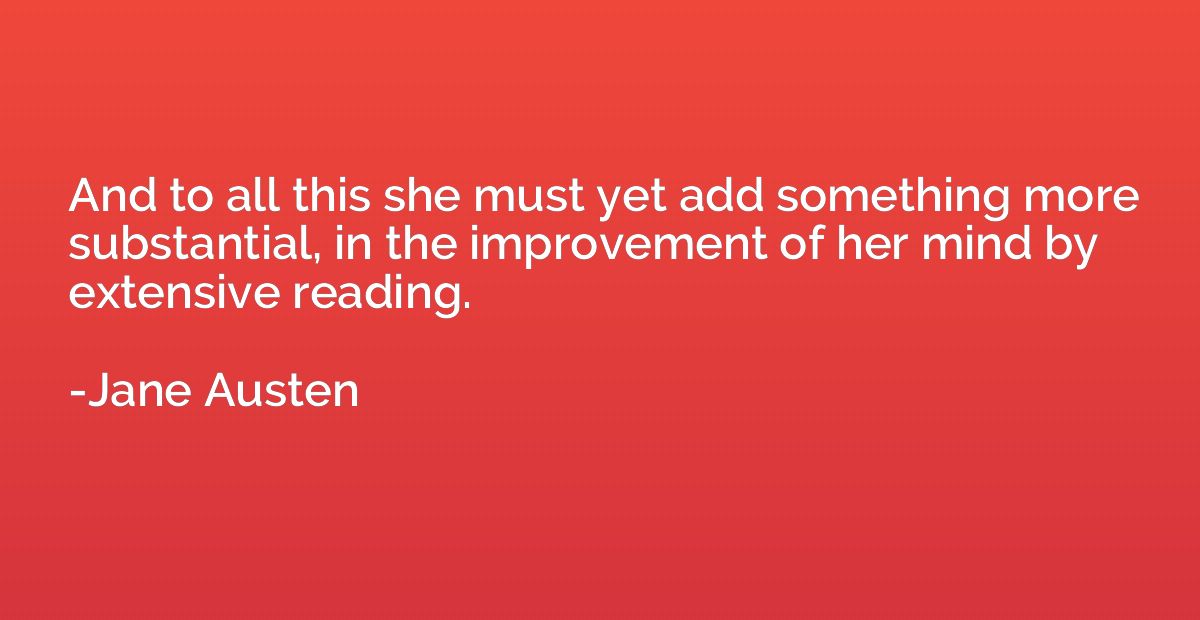
Summary
This quote emphasizes the importance of intellectual growth through extensive reading for a woman. It suggests that in addition to fulfilling societal expectations, such as housekeeping or raising a family, a woman should also dedicate herself to expanding her knowledge and improving her mind. By actively engaging in reading, she can broaden her perspectives, gain wisdom, and become a well-rounded individual. The quote implies that personal development through intellectual pursuits is a valuable endeavor that women should pursue alongside their other responsibilities.
Topics
Inspirational
By Jane Austen



